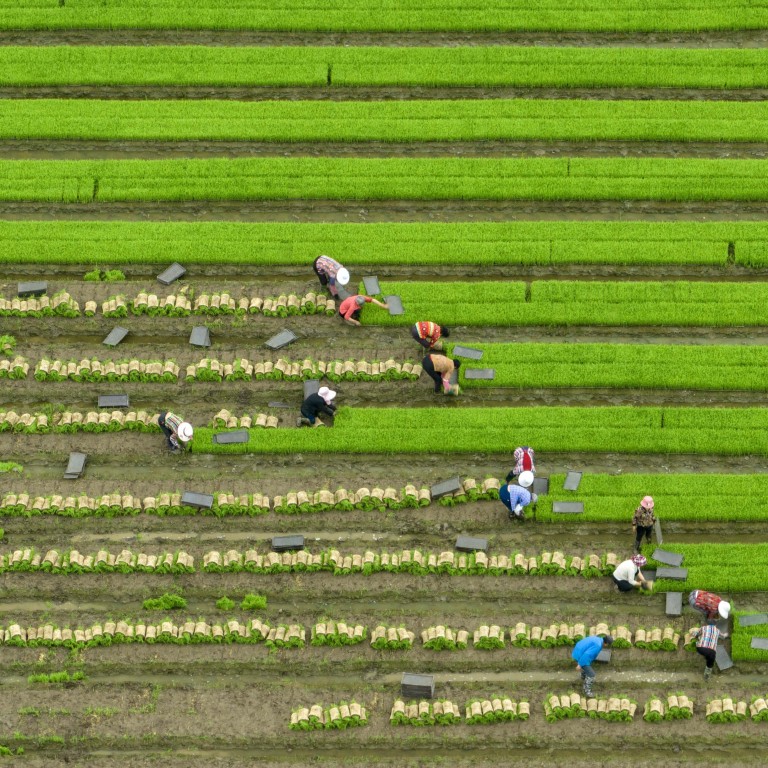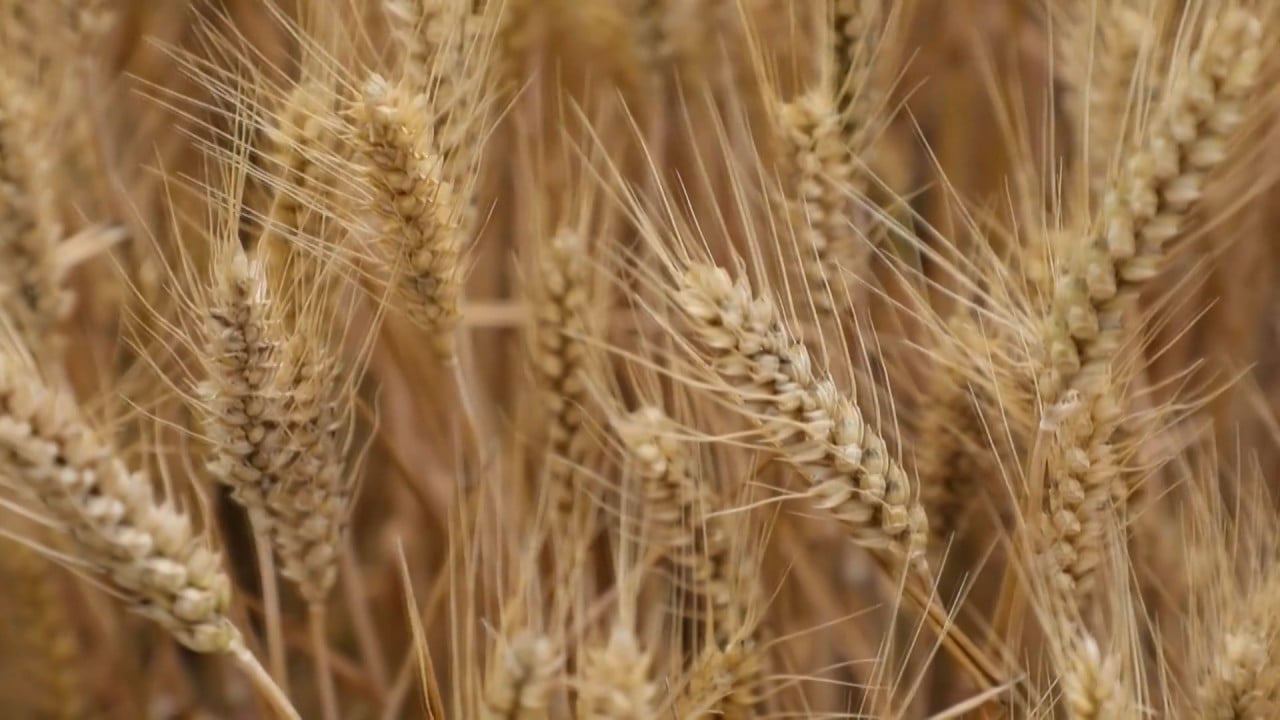
‘Cash cow’ subsidies: China targets fraud in farm machinery sales scheme
- The money was meant to help farmers to buy equipment as part of the bigger national cause of food security
- But in at least one case the machinery was soon unusable, according to report
Beijing paid out 21.2 billion yuan (US$3 billion) to help farmers buy machinery last year in a bigger plan to stabilise agricultural production.
But some “wrong-intentioned” people had treated the scheme as a “cash cow”, according to a report on Economic Half Hour, a programme on state broadcaster CCTV’s finance channel.
“Unscrupulous enterprises” colluded with others to generate sales of agricultural machinery and misuse subsidy funds for suspected illegal activities.
The report cited the case of farmers in Xinghua in coastal Jiangsu who used the subsidies to buy fertiliser spreaders that ended up being unusable because they were so poorly made.
The equipment was manufactured in June 2021 but had been abandoned in farm sheds for more than two years, according to the report.
The manufacturer, Henan Saiteng Agricultural Machinery, is under investigation not only in Jiangsu but also in the Guangxi Zhuang autonomous region for allegedly defrauding the government of subsidies through their sales of fertiliser spreaders.
The ministry’s investigation teams were sent to Henan, Jiangsu and Guangxi and will work with other authorities, including the police and the market supervisors, to verify the issue and deal with the parties involved in accordance with the law.
The ministry pledged to “rectify” the national situation concerning subsidies for rice fertiliser spreaders and implement further measures, such as verification and identification of subsidised products.
In August, Beijing announced cash rewards of up to 150,000 yuan (US$21,000) for information on illegal practices in the buying and selling of grain meant for national reserves.
The state-owned Economic Daily newspaper had warned that despite the country’s ample stockpiles, “there are a lot of hidden dangers in food security due to increasing difficulty in stabilising farmland size, poor quality and worrisome food safety, huge waste, and repeated cases of corruption”.



.jpg?itok=t8OJmsoF)